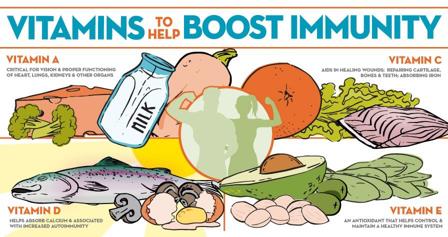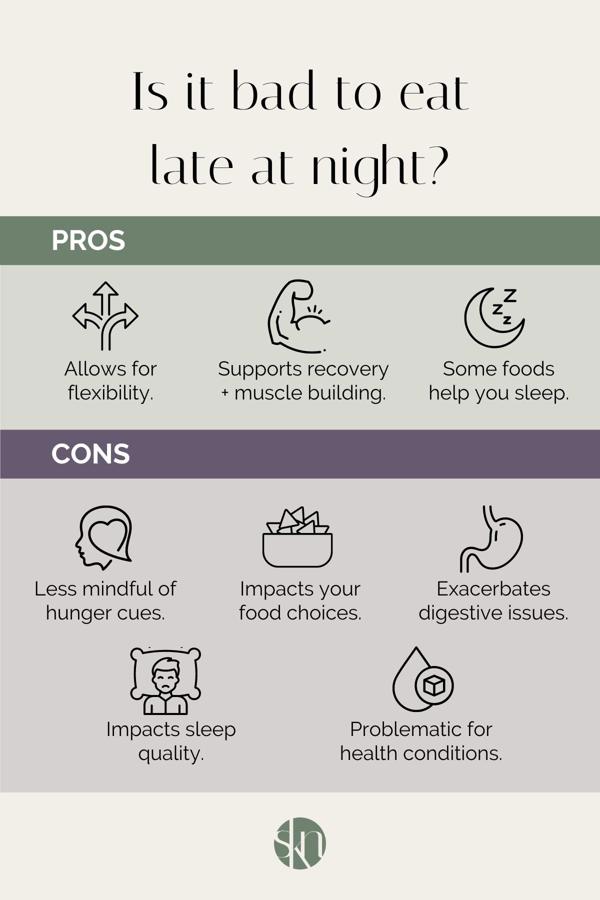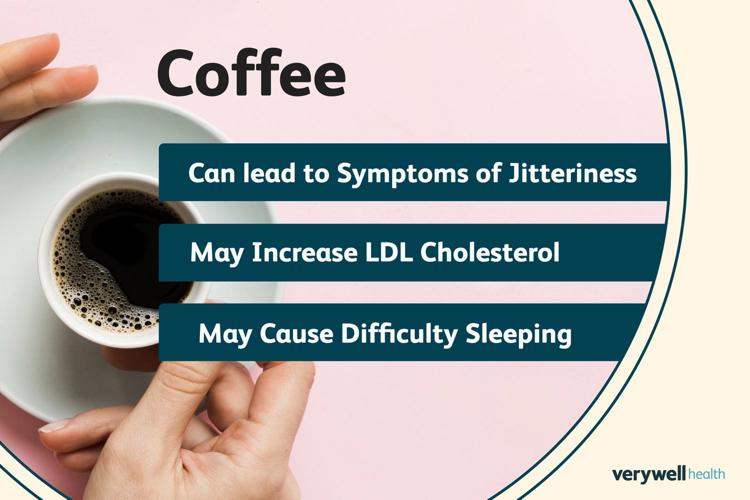Can You Really Boost Your Immune System with Vitamin C?
Understanding the Role of Vitamin C in Immune Function

Frequently Asked Questions
Vitamin C primarily stimulates the production of white blood cells and enhances their function, helping the body fight against infections.
While regular intake of Vitamin C may reduce the duration and severity of cold symptoms, it does not necessarily prevent colds from occurring.
Step by Step Guide
1
Introduction to Immune System
The immune system is the body's defense mechanism against pathogens. It includes various cells, tissues, and organs that work together to protect against infection and diseases.
2
Overview of Vitamin C
Vitamin C, also known as ascorbic acid, is a water-soluble vitamin that plays a vital role in numerous bodily functions, including the immune system. It acts as a powerful antioxidant.
3
How Vitamin C Supports the Immune System
Vitamin C supports immune function by stimulating the production of white blood cells, which are crucial for fighting infections. It also enhances the function of these immune cells.
4
The Role of Antioxidants
As an antioxidant, vitamin C helps protect cells from damage caused by free radicals, which can compromise immune function. It contributes to the maintenance of healthy immune responses.
5
Sources of Vitamin C
Vitamin C can be found in a variety of foods, including citrus fruits (oranges, lemons), strawberries, kiwi, bell peppers, broccoli, and spinach. Supplements are also available.
6
Daily Recommended Intake
The recommended daily intake of vitamin C varies by age and sex. Generally, adult men need about 90 mg, while adult women need about 75 mg each day.
7
Signs of Vitamin C Deficiency
A lack of vitamin C can lead to various health issues, including scurvy, characterized by fatigue, gum disease, and impaired wound healing. Ensuring adequate intake is essential for overall health.
8
Vitamin C and Cold Prevention
Research shows that while vitamin C may not prevent the common cold, it can reduce the duration and severity of symptoms if taken regularly or at onset.
9
Potential Risks of Excessive Vitamin C
Excess intake of vitamin C, especially from supplements, can lead to stomach upset, diarrhea, and kidney stones. It’s important to stay within recommended limits.
10
Conclusion
While vitamin C is an important part of a healthy diet and supports immune function, it should be consumed as part of a balanced diet alongside other nutrients for optimal health.








